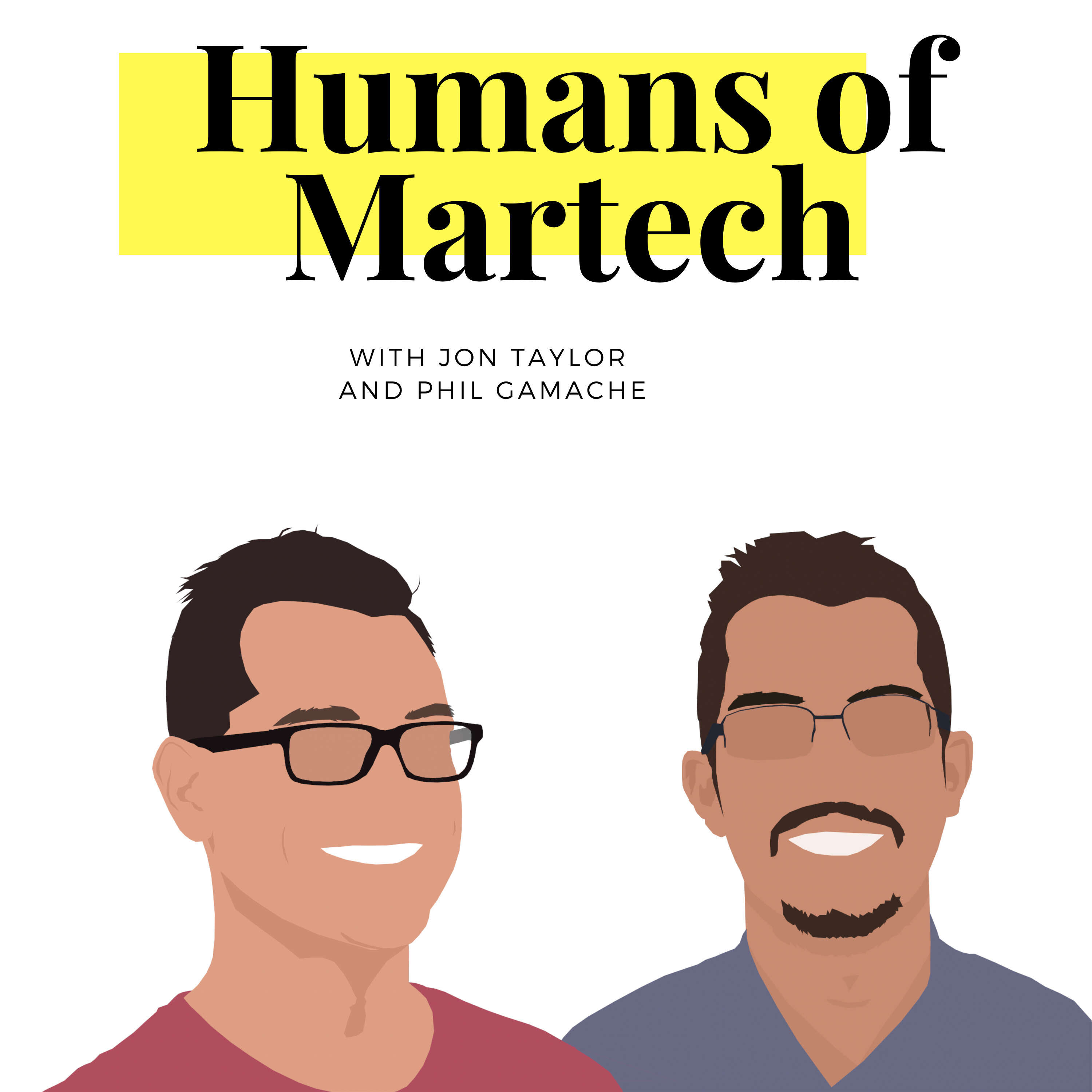80: Wyatt Bales: Redefining marketing with AI, SQL, full-stack pros, and the automation of end-to-end campaign requests
Summary: Wyatt Bales served up an awesome episode, calling marketers to defend themselves with SQL proficiency amidst rising AI and automation. His vision? The future marketer as a 'full-stack' pro, tech-savvy and strategic, partnering with AI to steer marketing operations to be faster and more data-driven. Wyatt emphasizes maintaining a strong grasp on foundational skills alongside AI tools. In his projected future, consumers willingly opt into hyper-personalized, non-intrusive ads, reshaping advertising dynamics. His takeaway? The marketing landscape is becoming a less daunting journey, navigated by versatile, full-stack professionals who strike the perfect balance between tech and strategy.
About Wyatt
Wyatt Bales, Chief Customer Officer at Bluprintx.
Wyatt got his start as an analyst at Unilever where he got the knack for using Teradata systems and decided to go consulting for the vendors themselves.
At Teradata, he implemented marketing automation and an analytics software for a few Fortune 100 customers.
A few colleagues of his went over to a lesser known company called Marketo, where he started as employee # 201
He moved up to Solutions Architect where he focused on revenue attribution and was assigned to some of Marketo’s largest accounts such as Microsoft, Facebook and Philips66..
3 years later, Wyatt took a Senior Marketing role at Uber where he eventually relocated to Amsterdam to lead their Enterprise CRM strategy team where he was the principal architect for Uber’s global roll-out of Marketo’s ecosystem
After being a customer of Bluprintx while at Uber, he got the itch to get back into consulting and open a new Bluprint location in Amsterdam, where he led the European consulting practice
Today Wyatt manages the global P&L and a team of 85 Bluprint consultants and engineers
The Silent Struggle: Marketing Headcount vs Technology Integration
Wyatt begins by addressing a crucial, yet often overlooked issue in the realm of marketing technology: the ongoing tension between maintaining adequate team size and implementing advanced technology. While discussions about the shiny new tech and exciting innovations typically dominate the conversation, he emphasizes that the human aspect, specifically the team size, can get sidelined.
Reflecting on his extensive experience, Wyatt recalls numerous instances where businesses grappled with this reality. Often, they found themselves constrained by their inability to grow their teams to match their objectives. "I don't have enough people to do that," a common lament, resonates across various companies he has engaged with. This constant struggle to secure sufficient headcount is a reality that many marketing teams face. But, why is this the case?
Wyatt points to a counterintuitive relationship between technological progress and team size. As businesses lean more heavily into automation and AI, there's a growing belief that these advancements can replace the need for large teams. This phenomenon is particularly noticeable in the enterprise space, where headcount tends to remain stagnant, even as marketing technology gets introduced at an accelerating rate.
One might be quick to laud this as a victory for efficiency. However, Wyatt prompts us to consider the other side of the coin: What are the implications of this move towards automation and its impact on team size? Are we heading towards a future where automation overtakes human creativity and effort in marketing? And if so, what are the implications for those who've made their careers in this space?
Takeaway: Wyatt's reflection presents a compelling portrait of the struggle within the marketing world. The tug of war between advancing technology and the need for human intellect exposes a

